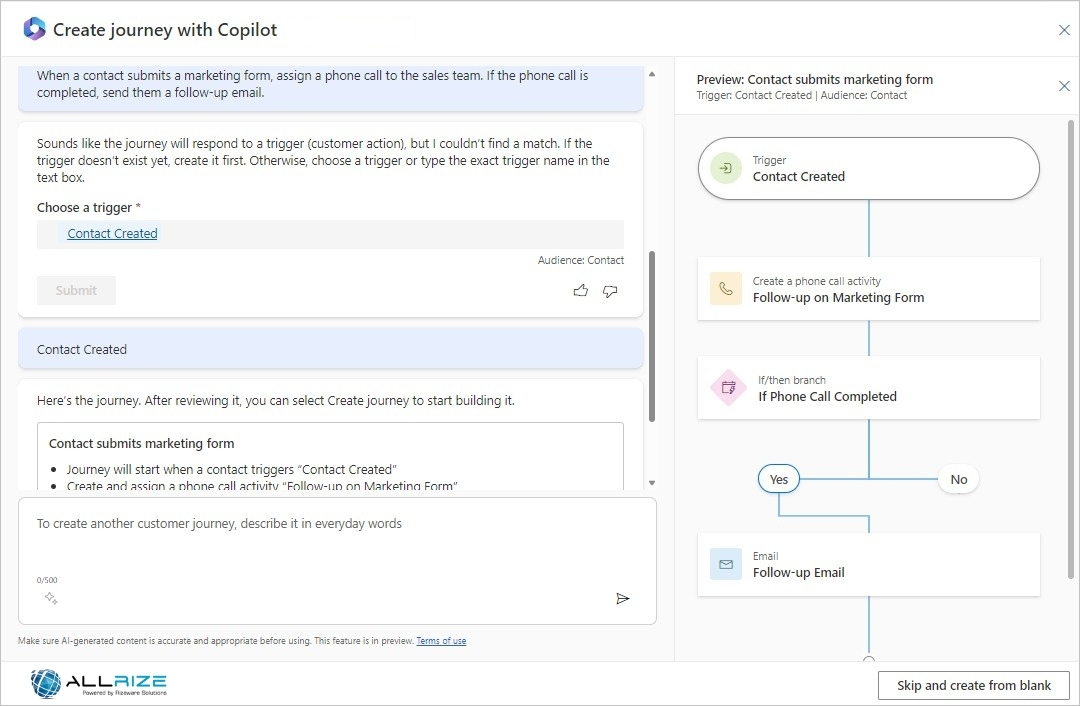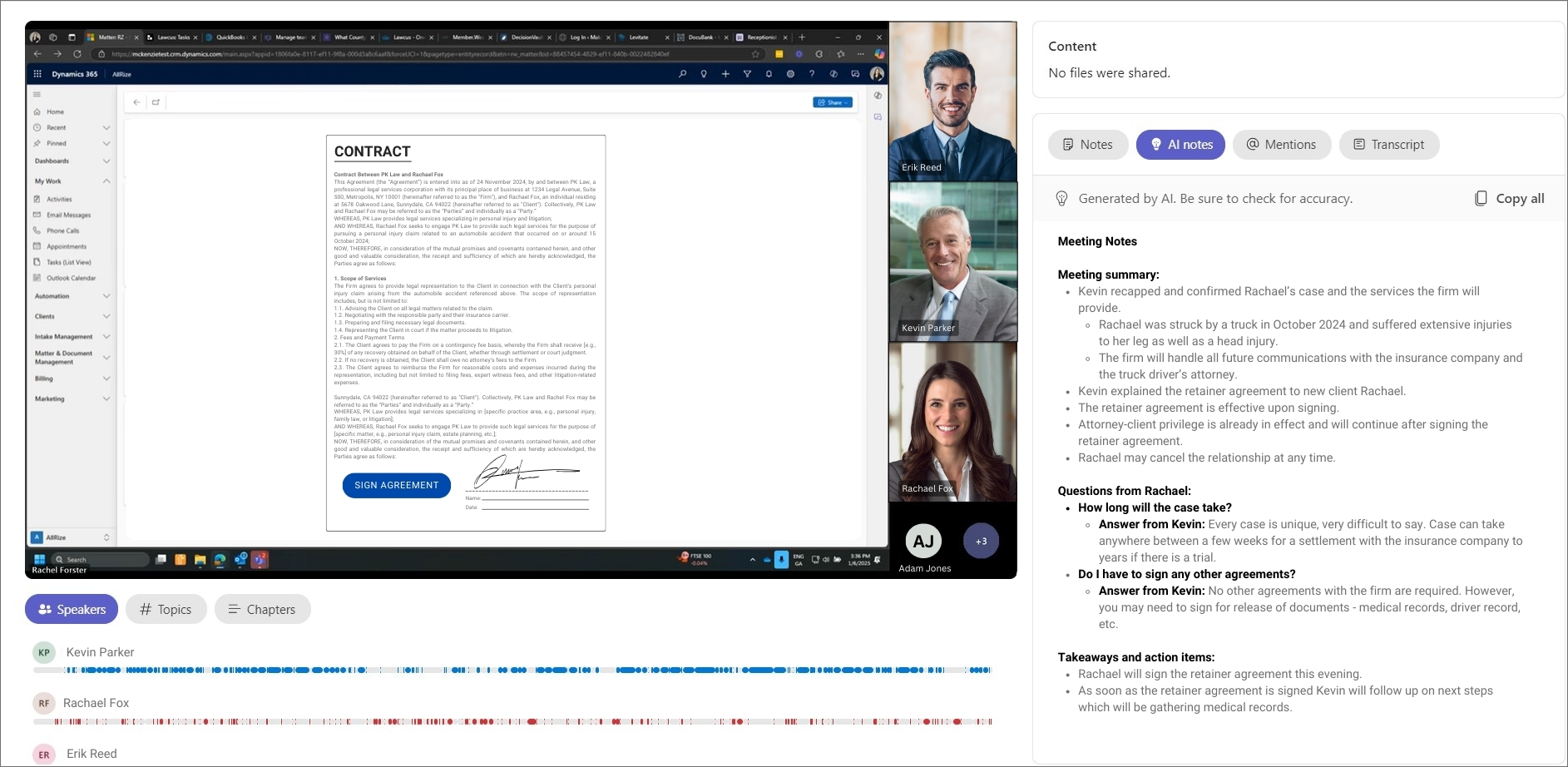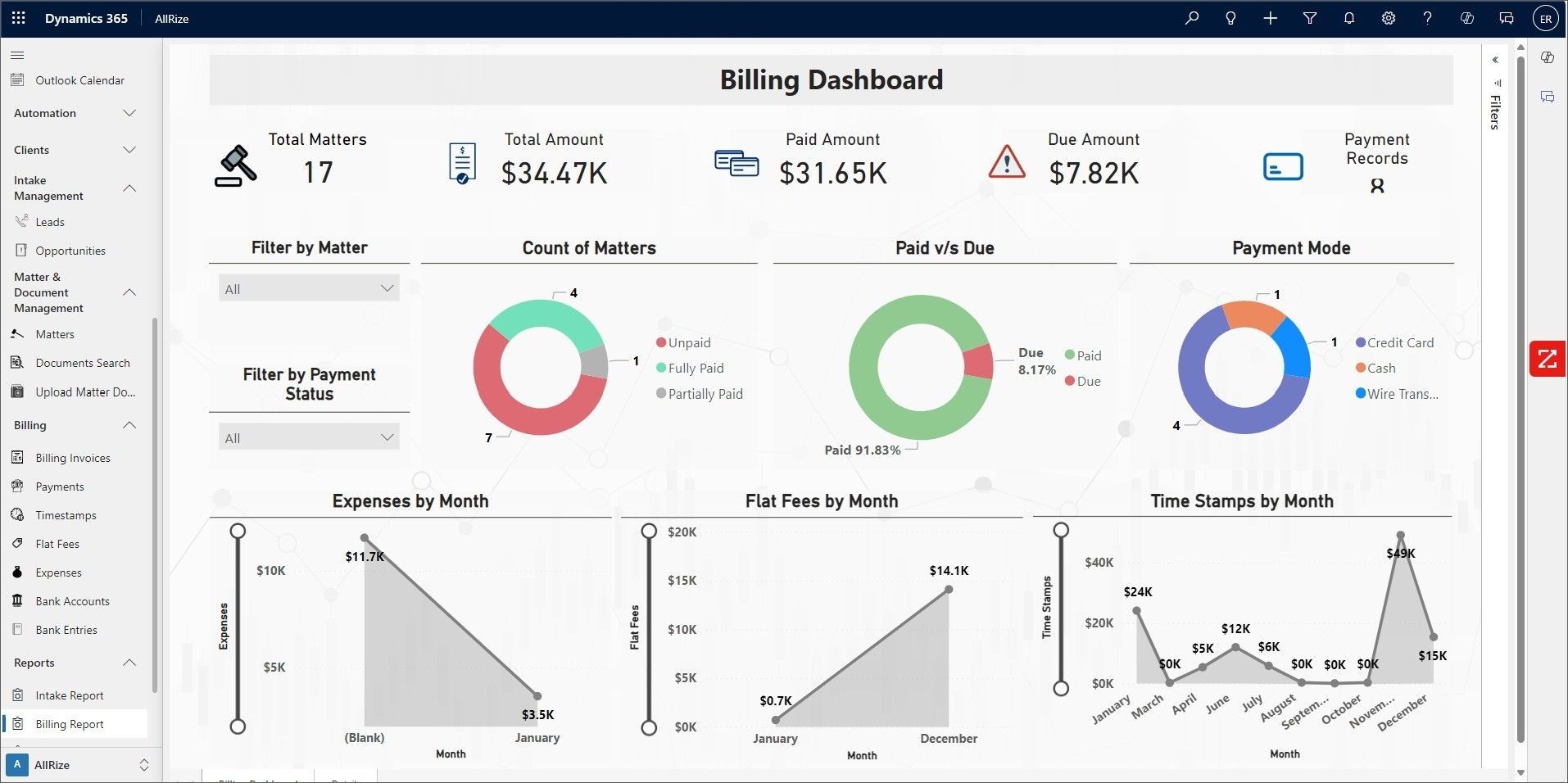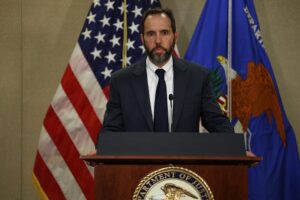Yale
Law
School
—
no
stranger
to
clerkship
controversies
—
has
stooped
to
new
lows
in
its
quest
to
funnel
as
many
students
as
possible
into
judicial
clerkships,
with
little
regard
for
the
quality
of
the
work
environment.
YLS
barred
the
use
of
student
organization
funds
to
subscribe
to
The
Legal
Accountability
Project’s
(LAP)
Centralized
Clerkships
Database
(“Glassdoor
for
Judges”)
in
a
feeble
attempt
to
restrict
students’
access
to
candid
outside
information
about
clerkships.
LAP,
a
nonpartisan,
independent
counterweight
to
law
schools’
near
uniformly
positive
and
misleading
clerkship
messaging
and
advising,
runs
an
award-winning
national
clerkships
database,
a
repository
of
nearly
1,500
candid
post-clerkship
surveys
submitted
by
former
judicial
law
clerks
nationwide
about
more
than
1,000
federal
and
state
judges.
This
is
the
largest
independent
repository
of
clerkship
information
in
the
U.S.,
and
it’s
more
than
twice
the
size
of
the
YLS
internal
database.
But
more
important
than
its
size
is
the
breadth
and
candor
of
information
LAP
provides.
It’s
the
only
source
of
candid,
unbiased
information
—
about
both
abusive
judges
and
poor
managers
to
avoid,
and
judges
who
excel
as
managers.
While
LAP
initially
hoped
law
schools
would
pay
a
nominal
$5
per
student
per
year
in
subscription
fees
to
give
all
students
access
to
this
valuable
resource,
many
schools
are
skeptical
—
and
even
hostile.
Entrenched
school
administrators
are
risk-averse:
they
benefit
from
captive
audiences
—
law
students
(mis)led
to
believe
they
depend
on
their
schools
for
advice.
And,
because
schools
go
to
great
lengths
to
keep
clerkship
resources
secret,
students
may
not
know
that
other
schools
do
things
differently,
or
that
LAP
provides
a
significantly
better
resource
than
any
law
school.
Accordingly,
LAP
took
our
Centralized
Clerkships
Database
directly
to
our
customers
—
law
students,
who
pay
$40
per
year
to
access
more
information
than
their
schools
could
ever
provide,
since
anyone
who
clerked,
anywhere,
can
submit
a
survey
to
LAP’s
database.
To
ensure
accessibility,
LAP
offers
a
steep
discount
to
law
journals
and
student
organizations
subscribing
in
bulk:
$5
per
user,
the
same
rate
their
schools
would
pay.
This
year,
in
addition
to
four
top
law
reviews,
Yale
Law
Women
(“YLW+”)
agreed
to
subscribe
on
behalf
of
its
2L
members.
According
to
its
website,
YLW+
“works
to
advance
the
status
of
women
and
typically
underrepresented
gender
identities
at
Yale
Law
School
and
in
the
legal
profession
at
large.
To
realize
this
mission
and
advocate
on
behalf
of
our
membership,
[YLW+]
create[s]
programming,
resources,
and
mentorship
opportunities
to
bolster
women’s
and
underrepresented
gender
identities’
pursuit
of
their
professional
and
personal
goals.”
Since
LAP’s
database
empowers
diverse
students
to
access
clerkship
opportunities,
as
well
as
avoid
abusive
judges
and
gender-based
discrimination
and
harassment,
LAP’s
and
YLW+’s
interests
align.
So,
LAP
was
disheartened
to
learn
in
November
that
the
YLS
administration
prohibited
YLW+
from
using
YLW+’s
own
funds
to
subscribe
to
LAP’s
database
on
behalf
of
its
members.
In
fact,
the
money
YLS
restricted
is
not
its
school-administered
student
organization
budget:
rather,
it’s
privately
raised
money
from
law
firms.
Do
these
firms
know
about
the
unjust
restrictions
placed
on
their
funds?
This
funding
restriction
is
neither
transparently
delineated
in
YLS’s
login-access-only
Student
Handbook,
nor
in
any
of
its
many
robust
public
policies
on
its
website.
Yet
there
is
no
similar
restriction,
for
example,
on
gender
equity
organizations
subscribing
to
magazines
or
newsletters
on
behalf
of,
or
purchasing
reading
materials
for,
members
about
gender
law.
And
what
is
LAP’s
database,
if
not
important
online
reading
material
—
and
an
investment
in
students’
well-being
and
on-the-job
success?
Why
would
YLS
bar
the
use
of
student
funds
to
subscribe
to
LAP’s
database?
You
should
ask
yourself
why
anyone
would
be
opposed
to
students
having
more
information
about
judicial
clerkships,
considering
their
outsized
significance
in
the
legal
profession
and
the
risks
inherent
in
these
unregulated,
hierarchical
work
environments.
Here
are
the
pretextual
reasons
YLS
gave
in
an
email
to
student
leaders
alerting
them
of
this
prohibition:
-
LAP’s
database
allegedly
“creates
a
reporting
channel
separate
from
Title
IX.”
-
Privacy
and
security
concerns.
-
Several
of
YLS’s
peer
schools
allegedly
agree
with
them.
Frankly,
schools
like
Yale
—
professing
a
commitment
to
“free
expression,”
freedom
of
thought,
and
robust
debate
—
should
not
be
in
the
business
of
restricting
what
student
organizations
can
spend
their
funds
on,
based
on
whether
or
not
the
administration
agrees
with
the
organization’s
activities
and
speech.
This
is
analogous
to
telling
the
Law
School
Republicans
or
Law
School
Democrats
that
they
cannot
use
their
funds
to
attend
the
Republican
National
Convention
or
Democratic
National
Convention,
respectively;
that
a
liberal
or
conservative
organization
cannot
use
their
funds
to
host
a
speaker
the
administration
finds
objectionable
(which
YLS
is
loath
to
do);
or
like
telling
YLW+
they
cannot
use
their
funds
to
attend
the
Women’s
March
on
Washington.
This
restriction
on
YLW+’s
freedom
of
expression
is
no
different,
and
arguably
has
even
greater
impact
on
members’
well-being.
YLS’s
actions
should
be
met
with
at
least
equal
disdain.
It
is
antithetical
to
YLS’s
stated
commitment
to
free
expression,
to
put
their
thumb
on
the
scales
and
suppress
an
organization’s
activities
and
right
to
self-expression.
Of
course,
student
organizations
are
not
fully
autonomous:
they
receive
a
budget
and
space
to
organize.
But
why
charter
affinity
organizations
at
all,
if
you
won’t
let
them
act
in
accordance
with
their
missions
—
especially
with
funds
they
raised
privately,
not
allotted
by
the
school?
YLW+’s
planned
actions
harmed
no
one,
and
would
have
helped
77
women
law
students
avoid
abusive
clerkships.
LAP’s
Centralized
Clerkships
Database,
which
empowers
diverse
students
to
avoid
abusive
judges
and
unsafe
judicial
work
environments,
is
completely
aligned
with
YLW+’s
mission
of
“advancing
the
status
of
women
and
underrepresented
identities”
by
providing
“resources
…
to
bolster
women’s
and
underrepresented
gender
identities’
pursuit
of
their
professional
and
personal
goals.”
And
ensuring
that
members
avoid
abusive
work
environments
is
a
top
priority
for
YLW+.
So,
YLS,
by
intervening
and
restricting
YLW+’s
activities,
actively
hinders
YLW+’s
mission
and
harms
its
diverse
members.
Women
are
both
particularly
vulnerable
to
workplace
sexual
harassment
and
are
significantly
underrepresented
among
judicial
clerks.
By
restricting
access,
YLS
ensures
more
YLW+
members
will
be
harassed
during
clerkships
or
will
struggle
to
access
clerkship
opportunities
—
antithetical
to
their
alleged
goal
of
encouraging
more
students
to
clerk.
In
an
effort
to
diplomatically
reach
a
beneficial
resolution,
despite
YLS’s
affront
to
basic
human
values
and
students’
fundamental
rights,
LAP
requested
a
meeting
with
YLW+
and
the
administration
to
1)
clarify
their
arguments
and
2)
advocate
for
a
change
in
position.
Sadly,
YLS
deans
declined
to
meet
with
me,
stating
that
the
administration
is
“unable
to
meet
with
product
vendors.”
This
intentional
mischaracterization
grossly
undervalues
the
many
services
LAP
provides
to
students
and
clerks.
In
fact,
countless
YLS
students
and
alumni
—
including
the
many
mistreated
YLS
clerks
I’ve
counseled
over
the
past
few
years
—
would
consider
LAP
much
more
than
a
“product
vendor.”
LAP
has
become
the
ad
hoc
clerkships
advisor
for
many
in
the
YLS
community.
But
LAP
doesn’t
just
support
aspiring
—
and
mistreated
—
clerks:
we
sparked
a
nationwide
advocacy
movement
that
YLS
students
and
clerks
are
excited
to
support
—
one
the
YLS
administration
would
probably
prefer
did
not
exist.
YLS
hostility
to
LAP’s
goal
—
sharing
candid
information
about
judicial
clerkships
with
students
—
should
not
give
the
YLS
community
confidence
in
their
administration’s
ability
or
desire
to
respond
to
student
needs.
More
than
90
YLS
students
and
recent
graduates
subscribed
to
LAP’s
database
last
year
(nearly
one
tenth
of
LAP’s
database
subscribers
were
from
YLS).
And,
we’re
on
track
to
double
that
number
this
year.
There’s
clearly
an
unmet
need
—
one
the
administration
is
unwilling
to
address.
Before
digging
into
the
actual
reasons
LAP
believes
YLS
is
restricting
students’
access
to
LAP’s
database,
I’ll
dismantle
YLS’s
pretextual
arguments
—
which
I
would
have
done
in
a
private
meeting,
had
they
been
willing
to
meet
with
me.
1.
Title
IX:
As
Yale’s
own
website
makes
clear,
Title
IX
protects
students
(including
law
students)
against
sexual
harassment
on
campus.
Specifically,
“[T]his
policy
applies
to
students,
faculty,
and
staff,
as
well
as
to
conduct
by
third
parties
(i.e.,
individuals
who
are
not
students,
faculty,
or
staff,
including
but
not
limited
to
guests
and
consultants)
directed
toward
University
students,
faculty,
or
staff
members
while
on
campus
or
participating
in
Yale
programs
or
activities.
[Emphasis
added]
Title
IX
is
inapplicable
here,
since
clerks
who
submit
surveys
into
LAP’s
database
are
alumni,
not
students.
You’d
think
YLS
would
a
craft
better
pretextual
argument,
considering
the
overlap
between
the
boards
of
YLW+
and
the
Title
IX
student
advocacy
group.
And
YLW+
understands
Title
IX,
since
they
released
a
2020
report
about
sexual
harassment
and
Title
IX
reporting.
At
a
meeting
with
the
administration,
I
would
have
asked
what
YLS
considers
their
“Title
IX
reporting
obligations”
to
be.
Do
they
believe
they
have
a
duty
to
warn
clerkship
applicants
about
abusive
judges?
To
report
information
about
abusive
conduct
to
the
federal
courts?
To
encourage
mistreated
clerks
to
report
misconduct
to
the
federal
judiciary?
Doubtful.
Some
would
argue
there
is
potential
legal
liability
for
schools
that
fail
to
warn
students
about
abusive
judges.
But
YLS
would
rather
not
engage
with
those
arguments,
as
they
threaten
the
Law
School’s
clerkship
project.
Students:
knowing
YLS
believes
they
have
“Title
IX
reporting
obligations,”
I’d
encourage
you
to
ask
administrators
which
judges
to
avoid.
And,
if
you’re
a
YLS
alumnus
who
was
mistreated
by
a
judge
who
YLS
misled
you
to
clerk
for
by
withholding
information,
consider
holding
them
legally
accountable.
2.
Privacy
and
Security:
LAP
provides
some
information
about
privacy
and
security
on
our
website.
We’ve
been
advised
by
counsel
to
provide
more
robust
information
to
individual
schools,
which
we
have,
including
to
Yale’s
clerkship
director.
LAP
has
also
met
privately
with
nearly
100
law
schools,
has
conducted
product
demonstrations
for
many
(including
YLS),
and
has
exhaustively
explained
our
robust
privacy
and
security
protocols
to
those
willing
to
hear
us
out.
LAP
is
proud
of
the
robust
privacy
and
security
measures
we’ve
implemented.
In
contrast,
Yale’s
database,
like
every
other
school’s,
uses
a
username/password
login
system.
Students
can
share
login
information
with
friends
at
other
schools.
Anyone
well-versed
in
the
current
clerkship
system
knows
this
login-sharing
happens,
as
students
frantically
search
for
any
information
about
judges
when
their
school
does
not
provide
it.
Instead,
LAP’s
database
is
tied
to
a
user’s
email
account.
Whenever
they
log
in,
a
security
link
is
sent
to
their
email.
You
might
share
your
login
information,
but
you
wouldn’t
share
access
to
your
email
account.
Beyond
that,
LAP’s
database
has
disabled
right-click,
copy/paste,
print,
and
save
features
to
limit
users’
ability
to
download
and
share
information.
We
also
have
a
CONFIDENTIAL
watermark
on
every
page
with
a
time-stamp
that
includes
the
user’s
name
and
email.
And
tracking
software
allows
us
to
monitor
users’
activities.
Furthermore,
my
human
eyeballs
review
every
user
who
registers
for
database
access,
and
every
clerk
who
submits
a
survey.
And
while
clerks
who
submit
surveys
to
Yale’s
database
must
put
their
names
on
them
—
chilling
responses
when
experiences
are
negative,
because
clerks
fear
reputational
harm
or
retaliation
—
LAP
protects
clerks’
privacy
by
empowering
them
to
submit
surveys
anonymously,
vastly
increasing
the
breadth
and
candor
of
submissions.
As
a
former
clerk
who
personally
experienced
retaliation,
I
take
clerks’
concerns
seriously
and
am
attuned
to
them,
because
I
lived
them.
3.
Peer
Schools:
As
far
as
I’m
aware,
YLS’s
actions
represent
the
most
significant
restriction
to
date.
In
fact,
at
several
of
YLS’s
“peer
schools,”
the
flagship
law
reviews
subscribe
to
LAP’s
database,
and
their
clerkship
advisors
are
fully
aware
that
they
do
so.
Frankly,
it’s
not
just
that
YLS’s
pretextual
arguments
are
ridiculous
and
easily
dismantled.
The
real
problem
is
that
they
did
this
at
all
—
and
they
did
it
because
they’ve
historically
gotten
away
with
this
type
of
gaslighting,
while
enjoying
a
lack
of
pushback
from
either
students
or
the
public.
YLS
appears
willing
to
do
whatever
it
takes
to
protect
their
perceived
clerkship
prowess.
No
longer.
Undeterred,
LAP
offered
individual
YLW+
members
a
discounted
rate.
After
all,
it’s
not
their
fault
their
administration
is
lying
to
them,
though
we
hope
they’ll
now
make
their
voices
heard
about
YLS’s
nefarious
behavior,
especially
after
comparing
LAP’s
candid
database
with
their
school’s
misleading
one.
Perhaps
I
should
be
flattered
that
YLS
is
so
threatened
by
LAP’s
fairly
nascent
Centralized
Clerkships
Database,
that
they’d
go
to
such
great
lengths
to
oppose
us.
But
frankly,
I’m
concerned
for
the
students.
Some
YLS
students
know
their
school
is
misleading
them
and
withholding
information
about
abusive
judges.
At
LAP’s
fall
2024
campus
event,
one
student
pointed
out
the
law
school’s
“misaligned
incentives,”
which
cut
in
favor
of
funneling
students
into
abusive
clerkships
and
protecting
abusive
judges
(particularly
abusive
YLS
alumni
judges),
rather
than
a
duty
of
care
to
students.
Sadly,
too
many
students
do
not
know
their
school’s
database
is
incomplete
and
misleading,
and
that
LAP
offers
a
better
option.
I
imagine
YLS
would
prefer
students
not
know
they
barred
the
use
of
student
funds:
now,
they’ll
be
forced
to
explain
themselves.
For
a
school
that
professes
(at
least
superficially
on
their
website)
a
commitment
to
free
expression;
diversity,
equity,
and
inclusion;
and
robust
debate,
these
claims
ring
hollow
when
YLS
is
confronted
with
speech
it
does
not
like,
or
that
does
not
jibe
with
its
institutional
interests.
Why
suppress
this
particular
free
expression?
It’s
unwelcome
when
it
threatens
YLS’s
clerkship
machine
—
one
that
functions
best
(for
the
school)
when
students
have
as
little
information
about
judges
as
managers
and
workplace
conduct
as
possible
and
cannot
make
truly
informed
clerkship
decisions.
It
appears
YLS
does
not
want
students
to
access
negative
information
about
clerkships,
fearing
it
might
dissuade
students
from
clerking
for
certain
prestigious
—
and
abusive
—
judges.
Of
course,
YLS
students
will
always
get
clerkships:
they
can
afford
to
be
choosy.
And,
frankly,
it’s
not
“choosy”
to
decide
not
to
subject
yourself
to
abuse.
Some
administrators
and
faculty
fundamentally
believe
negative
information
about
judges
should
never
be
put
in
writing
and
that
LAP’s
database
—
containing
candid
information
about
judicial
work
environments
—
should
not
exist.
The
status
quo
benefits
them
(though
not
their
students).
They
value
their
relationships
with
prestigious
judges
and
would
prefer
not
to
know
if
they
are
abusive.
The
clerkships
“whisper
network”
worked
just
fine
for
them,
so
why
change
things?
Frankly,
some
faculty
engage
in
revisionist
thinking
about
their
own
negative
clerkships.
Perhaps
they
endured
mistreatment
themselves
and
believe
others
should
suffer
through
it,
too.
It’s
no
surprise
these
views
flourish
at
YLS,
infamous
for
both
inviting
notorious
Ninth
Circuit
harasser
Alex
Kozinski
to
campus,
and
funneling
attractive
female
students
to
clerkships
with
Brett
Kavanaugh.
In
fact,
YLS
once
signaled
a
commitment
to
reform
—
in
2020,
around
the
time
a
former
Reinhardt
clerk
testified
before
Congress
about
sexual
harassment
she
experienced.
YLS
created
a
Committee
on
Judicial
Misconduct
and
Reporting,
in
collaboration
with
YLW+.
Unfortunately,
that
committee’s
report
and
recommendations
went
nowhere.
Should
YLS
want
to
renew
their
commitment
to
clerkship
reform,
they
should
start
by
subscribing
to
LAP’s
database!
Perhaps
some
judges
will
leap
to
the
defense
of
YLS,
lauding
them
for
trying
to
suppress
access
to
a
nationwide
Centralized
Clerkships
Database
they
cannot
control
or
even
see.
But
those
judges,
like
Yale’s
administrators,
are
telling
on
themselves.
Because
only
someone
with
something
to
hide
about
their
own
conduct
would
oppose
an
initiative
designed
to
facilitate
more
transparent
information
about
judicial
clerkships
and
prevent
workplace
abuse,
particularly
for
historically
marginalized
groups.
When
pressed
on
the
subject
of
abusive
judges,
YLS
advisors
will
tell
students
they’ve
“heard
mixed
things”
so
students
should
“do
their
research”
before
applying.
But,
of
course,
if
the
only
resource
students
have
access
to
is
YLS’s
database,
containing
fewer
than
10
negative
surveys
out
of
hundreds,
can
students
really
do
informed
research?
That’s
insufficient
“research”
for
a
YLS
legal
research
paper;
it
is
certainly
not
sufficient
as
you
contemplate
one
of
your
most
important
early
career
decisions
—
whether
and
for
whom
to
clerk.
There
is
only
one
way
to
know
which
judges
to
apply
to,
and
which
to
avoid
—
LAP’s
Centralized
Clerkships
Database.
Fortunately,
YLS
students
and
alumni
no
longer
have
to
accept
administration
gaslighting.
They
should
vote
with
their
feet.
Students:
register
today
for
LAP’s
Centralized
Clerkships
Database
for
just
$40
for
the
real
deal
on
clerking.
You
no
longer
have
to
rely
on
your
administration’s
lies.
Then,
make
your
voice
heard.
You
are
powerful.
Your
law
school
benefits
from
boasting
about
graduates’
prestigious
clerkships,
with
little
regard
for
whether
those
experiences
are
positive.
Sometimes,
the
law
school
literally
benefits
off
of
graduates’
misery.
Law
clerk
alumni:
Share
your
clerkship
experiences
in
LAP’s
database
and
contribute
to
this
nationwide
transparency
effort.
Do
not
share
your
experience
in
YLS
database
—
not
until
they
subscribe
to
LAP’s
database
and
make
information
broadly
available
to
students.
Your
clerkship
experience
is
yours,
not
your
school’s.
And
there
is
no
better
example
that
knowledge
is
power,
than
LAP’s
database.
Send
a
powerful
message
to
the
administration
about
demanding
transparency,
accountability,
and
equity
in
clerkship
advising.
YLS
counts
on
disempowering
students
from
fighting
back
against
injustice.
They
rely
on
students’
silence.
What
they
didn’t
bargain
for,
I
imagine,
is
an
organization
like
LAP:
not
afraid,
not
beholden
to
anyone,
and
certainly
not
staying
silent
in
the
face
of
injustice.
If
students
rise
up
and
demand
change,
the
administration
cannot
look
away.
You
do
not
need
YLS
to
facilitate
your
clerkship
research,
especially
when
they’re
harming
rather
than
helping
you.
Many
in
the
legal
industry
will
see
YLS’s
actions
for
what
they
are:
a
thinly
veiled,
pathetic
attempt
to
ensure
that
the
students
who
need
LAP’s
clerkship
information
the
most,
may
not
be
able
to
access
it,
and
will
remain
beholden
to
YLS
for
whatever
crumbs
of
information
are
tossed
their
way.
I
worry
about
the
students
LAP
has
not
reached,
who
may
not
understand
their
school
is
lying
to
them
about
clerkships.
LAP
is
not.
Students
can
compare
for
themselves.
Yale
Law
School
has
historically
received
a
free
pass
in
conversations
about
judicial
accountability.
Now,
through
clerkship
transparency,
the
administration
—
as
well
as
the
abusive
judges
it
protects
and
misleads
students
to
clerk
for
—
will
be
held
accountable
for
their
reprehensible
practices.
Aliza
Shatzman
is
the
President
and
Founder
of The
Legal
Accountability
Project,
a
nonprofit
aimed
at
ensuring
that
law
clerks
have
positive
clerkship
experiences,
while
extending
support
and
resources
to
those
who
do
not.
She
regularly
writes
and
speaks
about
judicial
accountability
and
clerkships.
Reach
out
to
her
via
email
at [email protected] and
follow
her
on
Twitter
@AlizaShatzman.
 Staci
Staci














 Chris
Chris

